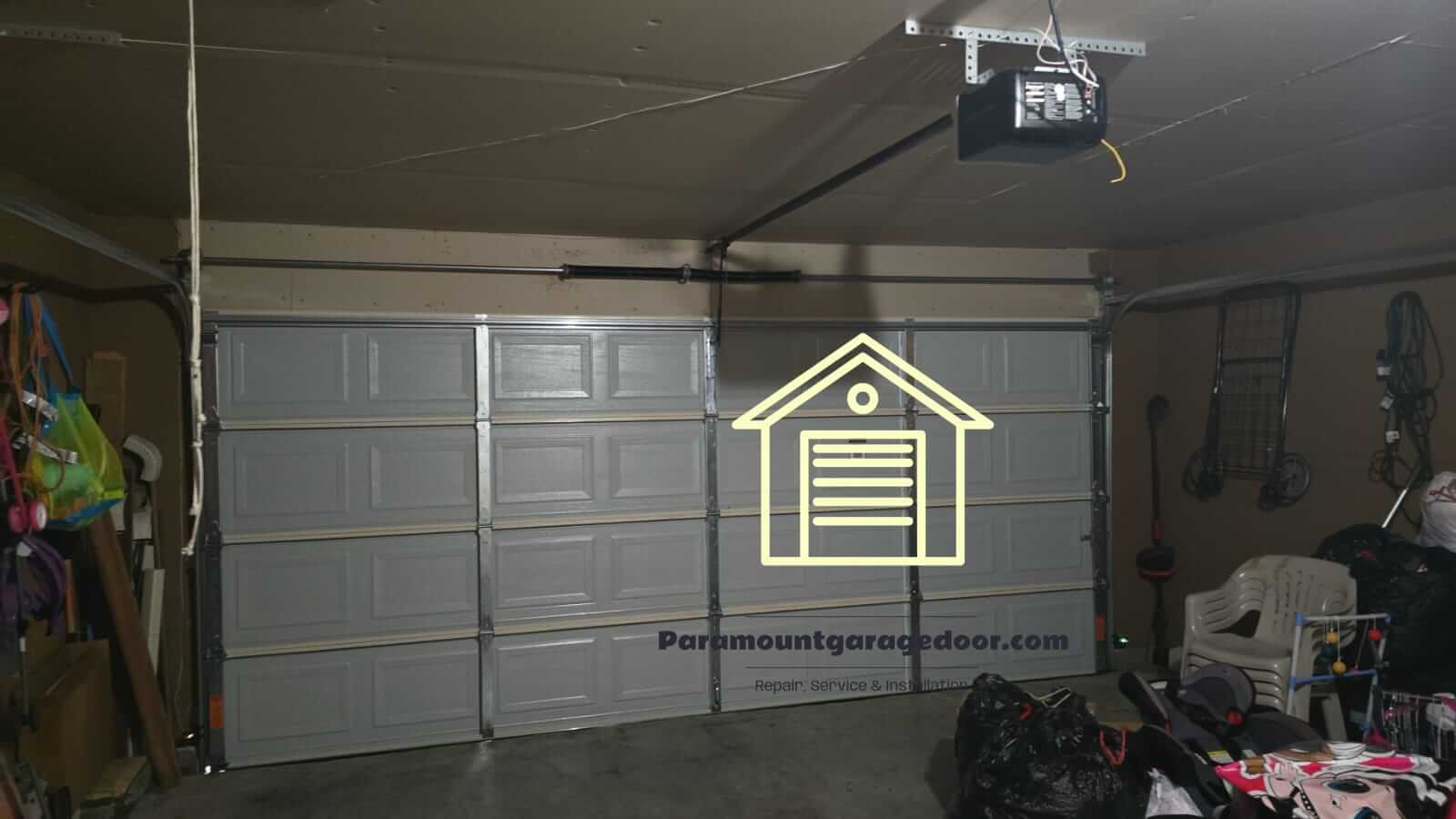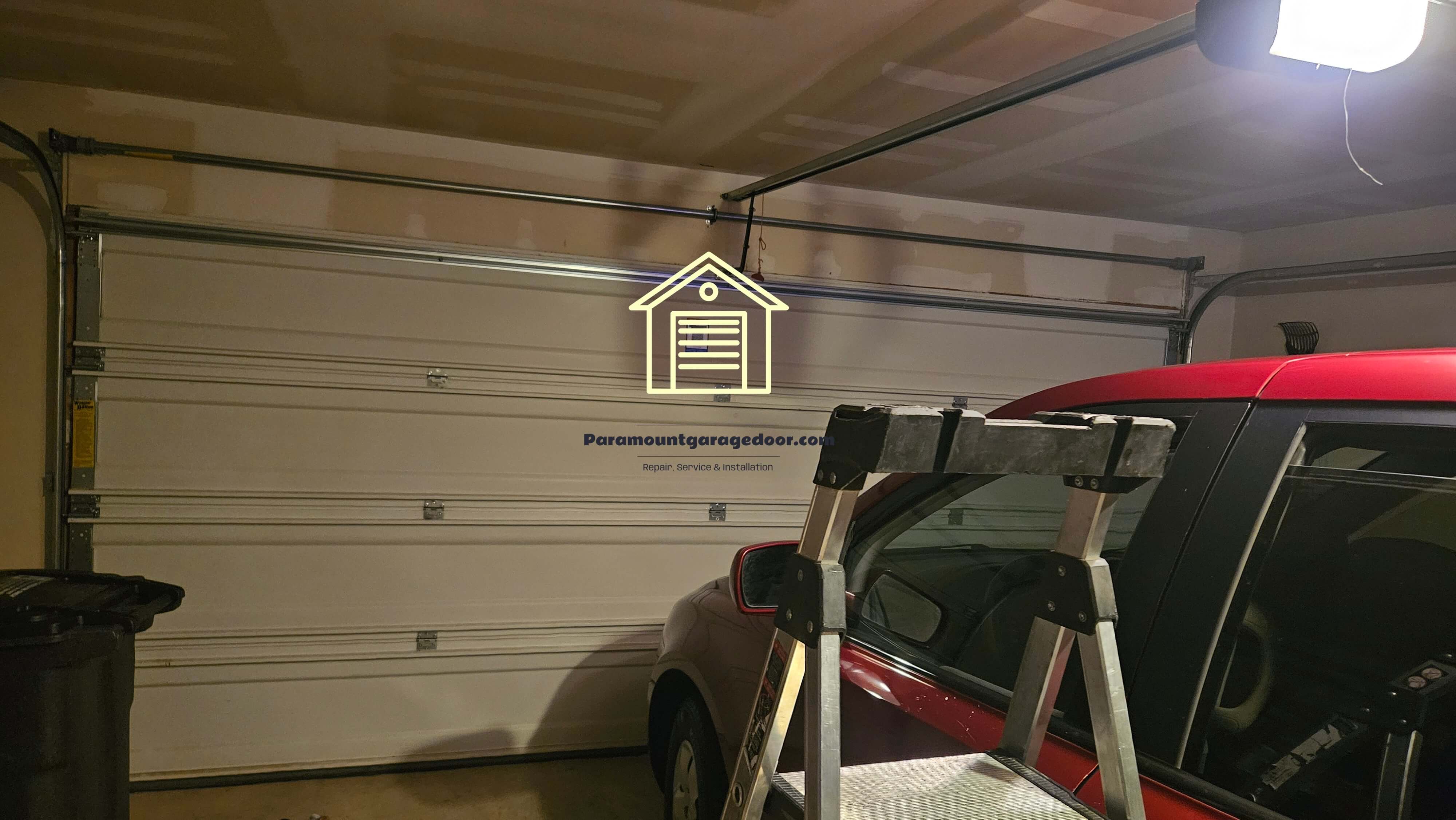Indeed, the weather seal for a garage door is not merely a decorative item; it is a vital part that offers protection, isolation, and energy efficiency to your garage. Here are the reasons why your decision to install and keep a high-quality weather seal is of utmost importance:
A high-quality weather seal is like a door lock; it is basically a barrier that prevents the outside temperature from affecting inside your garage. If your garage is attached to the main house, this situation is very advantageous because it can block the cold air coming in during winter and the hot air in summer. Along with that, stable temperature with the help of a weather seal will help you decrease the energy bills and achieve energy efficiency in the whole house.
Rain, snow, and other forms of moisture can come in through even the smallest gaps around your garage door. The weather seal blocks the water, thus preventing rust, mold, and mildew which could be harmful to the garage door and the items stored inside. This is most notable in places where rainfall or snow is plenty.
If there is no proper seal, dirt, dust, leaves, and other outdoor debris can blow into the garage easily. Weather seal serves as a protective wall from all these, and thus keeping the garage clean will be easy and you will spend less time on maintenance. This is of significant value particularly for those who use the garage as storage space or as an area for work.

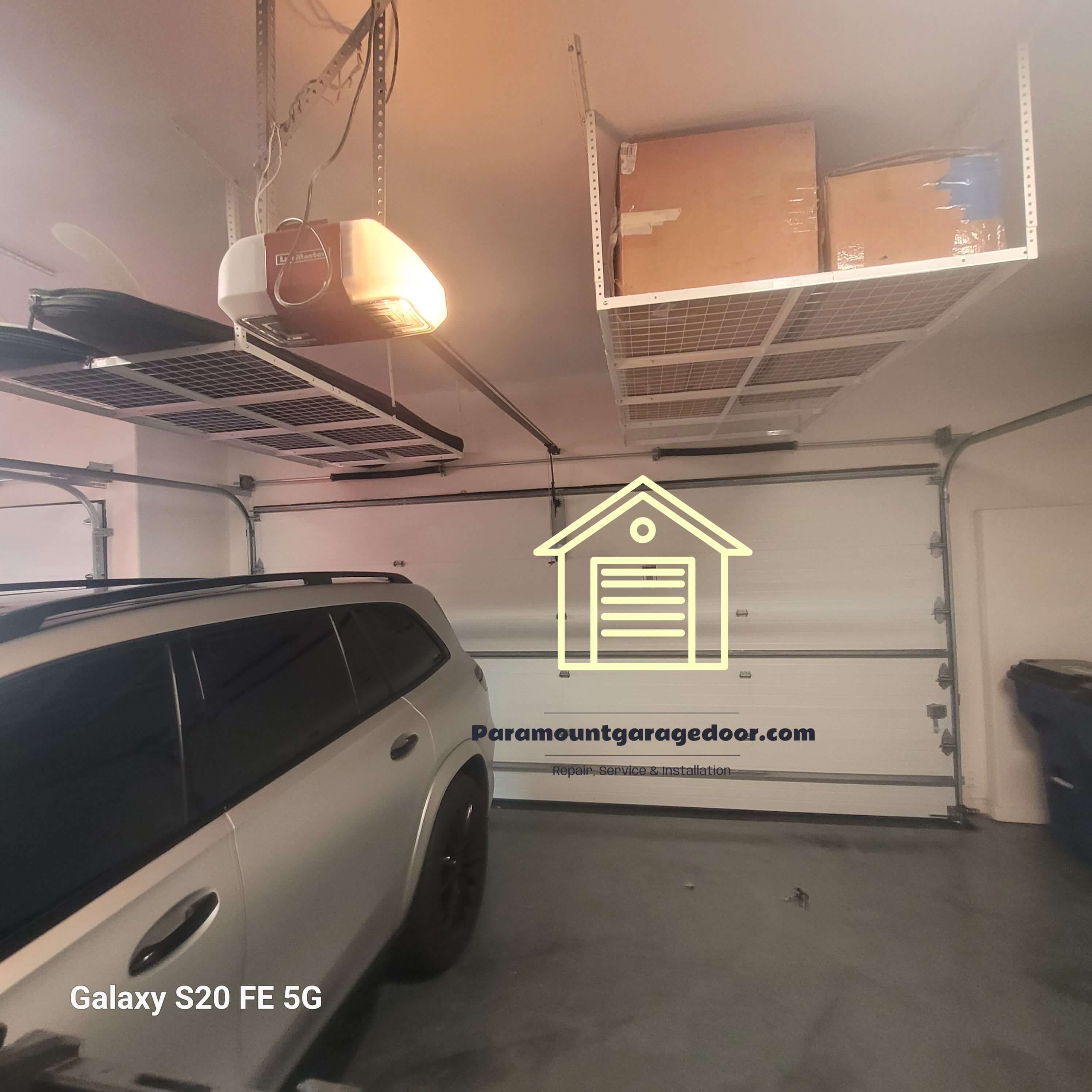
The tiny holes under or around your garage door invite bugs, rats, and other creatures alike into the area. The secure weather seal fills these holes, making it hard for the insects to get in. That is how one can avoid the problems related to bugs and the damages that they can cause their possessions.
When your garage is next to the street or you use loud devices in that area, a weather seal will operate as a noise barrier. This is especially helpful for attached garages, as it keeps the noise from coming in or going out which in turn makes your house quieter and more enjoyable.
Weather seals are a big factor in the protection of your garage door parts from water, dust, and dirt, which can lead to corrosion and wear. By not allowing these to enter, a weather seal can prolong the life of the garage door resulting in fewer expenses for repairs and replacements.
There are various weather seals for different sections of your garage door:
This is put along the bottom edge of the door to keep moisture, dirt, and pests out.
These lines the sides and tops of the garage door frame, making it tight against the weather.
This one works with the bottom seal by being on the garage floor under the door. Installing this will give you an extra layer of protection from water and debris.
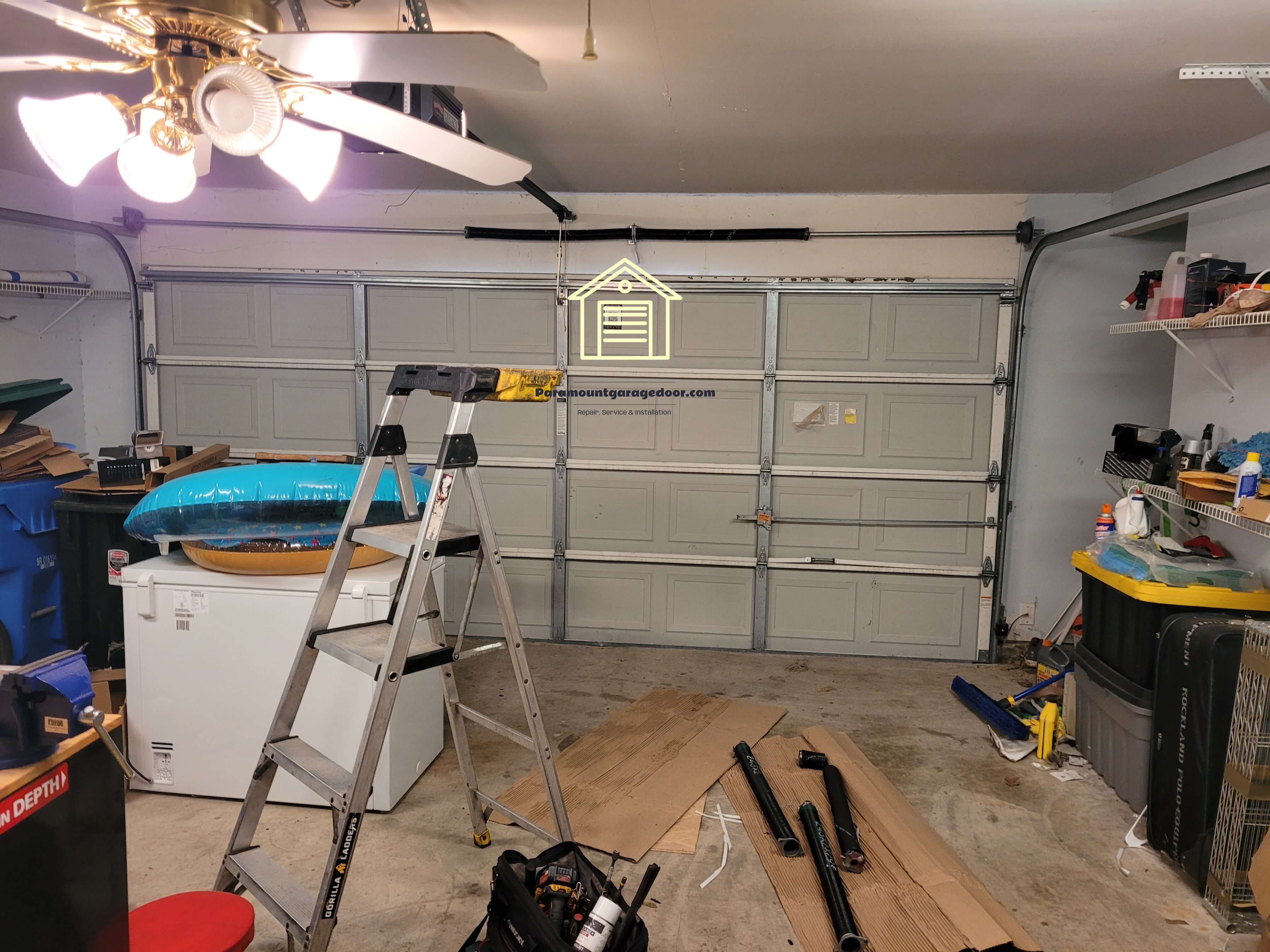
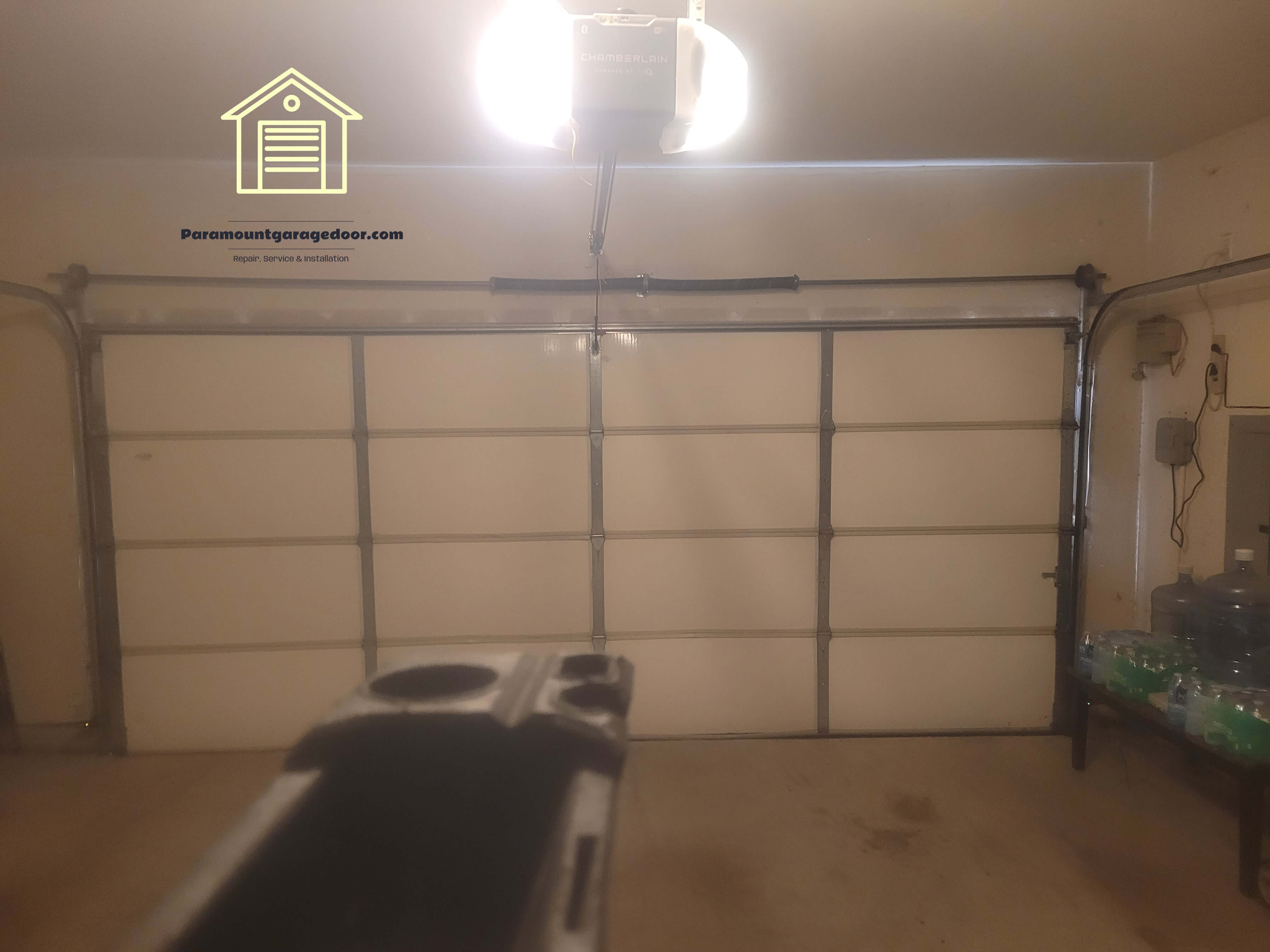
To retain full weather seal efficiency:
Although the garage door weather seal is a minor investment in its own right, the various advantages that follow it, particularly energy savings and better protection from the elements, are due to the quality of your weather seal. The actions of beginning and maintaining a high-quality weather seal make you not only protect the garage section in your house better but also improve the comfort and energy efficiency standards of your entire home.
Nylon rollers are indeed the smart upgrade you need to give your garage door system. They operate not only more smoothly and quietly but also for a longer time as compared to their old metal counterparts. Buy-in for nylon rollers is a sure thing and here are some reasons why:
While roller door systems require noise to move; the less noise is given by nylon rollers when opening or closing the garage door. They are far from the noisy and clunky steel rollers sliding on the tracks because of their smooth gliding, which makes them popular among the users. Thus, this would be particularly good for houses with attached garages or in situations where someone’s bedroom is next to the garage.
Quality nylon rollers are simply the best. They are typically rated for a staggering 10,000 to 100,000 cycles, which is an incredible number of uses you can expect from, for example, a good quality, high impact roller. Furthermore, the rollers are made of nylon, a material that is by nature resistant to even the finest cliffs of rust, corrosion, and wear. These qualities prove them to be a lot tougher than steel rollers, which might get them under pressure and wear faster.
Unlike steel rollers, which need frequent maintenance and repair, nylon rollers are less demanding. The self-lubricating nature of nylon to some extent helps reduce the need for regular lubrication which makes it easier to maintain and ensures its proper functioning throughout the lifespan of the door system.
Thanks to their design and materials, nylon rollers glide far more smoothly than their steel counterparts. So, nylon rollers can be much smoother because of their design and materials. As a result, the friction and stress on the garage door opener are minimized, which in turn helps the entire garage door system to last longer and improve its overall performance.
The steel rollers might, in the long run, cause wear on the tracks which would result in more repairs or, at best, replacement. On the contrary, nylon rollers are less harsh tracks and consume less long-term wear, which is the reason your garage door system will last longer.
Nylon rollers lower the friction and allow the garage door to operate more efficiently. This is of prime importance when you have an insulated garage door, as proper door operation ensures a good seal, which in turn leads to improved energy efficiency by eliminating the temperature fluctuations inside your garage.
A smooth and quiet-operating garage door system will be jammed or misaligned less frequently and therefore have less operational problems which could be safety hazards. Nylon rollers make for a safer and more dependable door operation experience for you and your family.
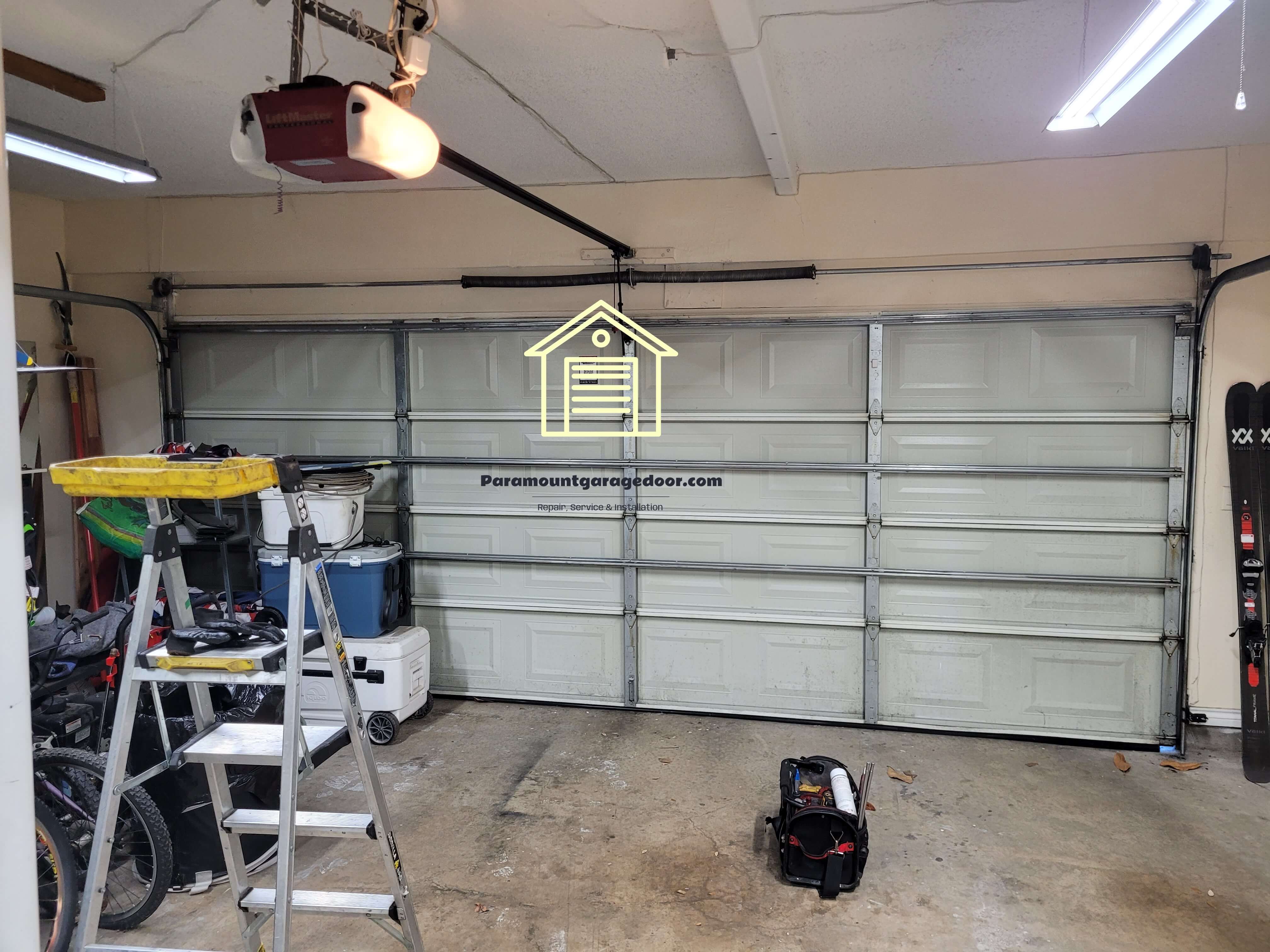
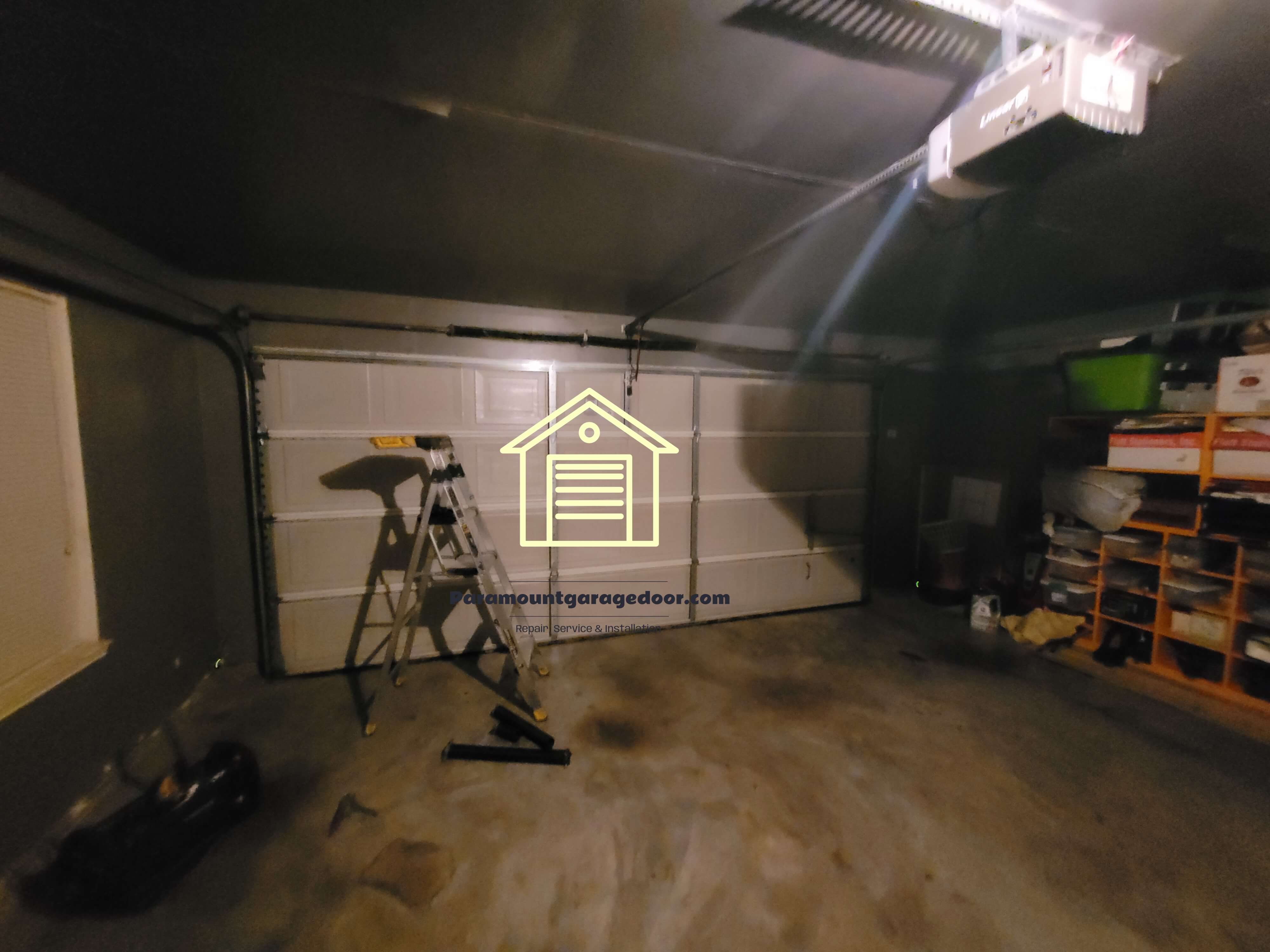
There are many types of nylon rollers which are categorized according to their durability and smoothness:
Despite nylon rollers being low-maintenance equipment, keeping them in good condition is a guarantee for their longevity:
Nylon rollers are a clever mix of smooth, quiet operation; durability, and low maintenance. Opting for the nylon rollers instead of the metal ones, you are not only extending the lifespan of the garage door but also its operation rate and safety. The decision to invest in nylon rollers is minor yet the results will be lasting, so every homeowner wants to have a quiet, dependable, and grease-free garage door.
Silent hinges, also known as "quiet" or "noise-reducing" hinges, are a minor increment but of great significance for your garage door system. These hinges are made of special materials used to lower the sound that regular metal hinges might make, thus they are perfect for people looking for the smoothest and quietest-operating garage door.
Here are the reasons for adding silent hinges to your garage door:
A major function of silent hinges is their capacity to considerably less the noise that results when the garage door opens and closes. Contrary to standard metal hinges, silent hinges are built with noise-dampening materials or coatings that reduce the friction and impact between the door panels. This is particularly helpful for houses with attached garages, where traditional hinges can make a lot of noise.
Silent hinges are made to deliver smoother movement, which reduces friction between moving parts thus increasing life span. Not only does it minimize the noise, but it also gives it a more fluid motion for the entire door. This enhancement of smoothness can impact the whole garage door performance positively, making it feel like a high-end and well-kept system.
Silent hinges reduce friction, thus, silent hinges also lessen the wear and tear on other components of the garage door system such as rollers and tracks. In addition to skydiving wear and tear on the garage door parts, it lowers the strain on the opener, which in turn cuts the risk of breakages and extends the life of the machine.
Silent hinges, on the whole, usually need less maintenance compared to ordinary metal hinges. A lot of these hinges are designed with lubrication built in while others are constructed in a way that they need less lubrication. They are thus easy to install with this feature helping keep the door running quietly without regular lubrication.
The majority of the silent hinges are made of materials that do not rust or have coatings with rust-resistant properties, this being the main reason for their long lifespan in humid or damp places. The extra rust and corrosion resistance means that the hinges survive longer and the door will retain its good condition.
For households with attached garages, quiet operation is a big plus as it can improve the overall comfort level in the house. The noise reduction prevents the garage from disturbing bedroom or living space areas, thus making it great for these types of homes.
When you add such quality components as silent hinges and lower the level of noise your garage door becomes, you not only improve the quality of your current door system, but you also add value to your property should you decide to sell in the future. Homeowners are often delighted to find a door that is quiet and works well.
Silent hinges made mainly from fabrics such as nylon that are used to reduce the noise, or they are coated with a noise dampening material. Others may replicate unique shapes that minimize the contact between the metals hence producing less noise and friction. They can be used instead of regular metal hinges and require no special changes to your garage door.
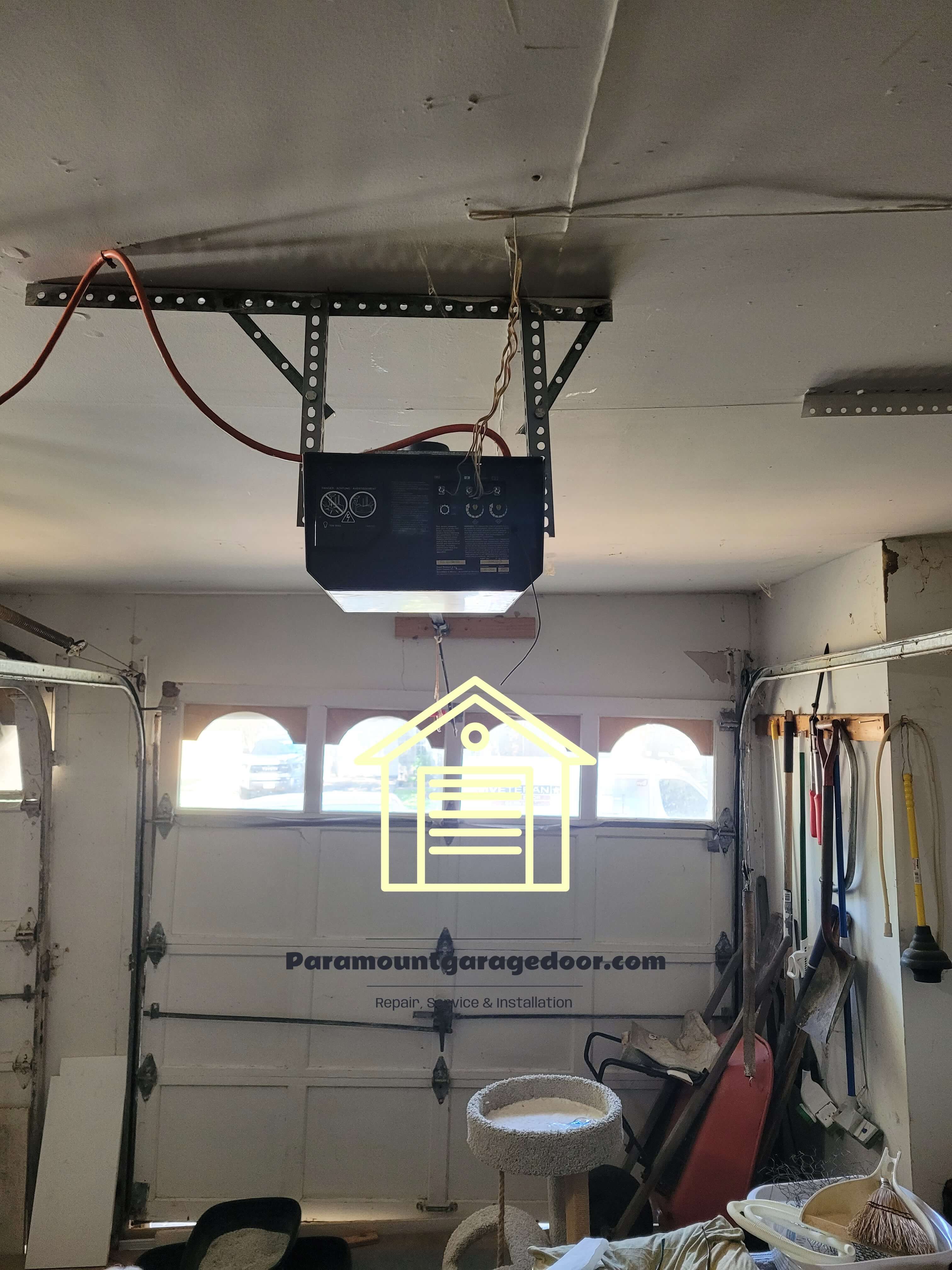
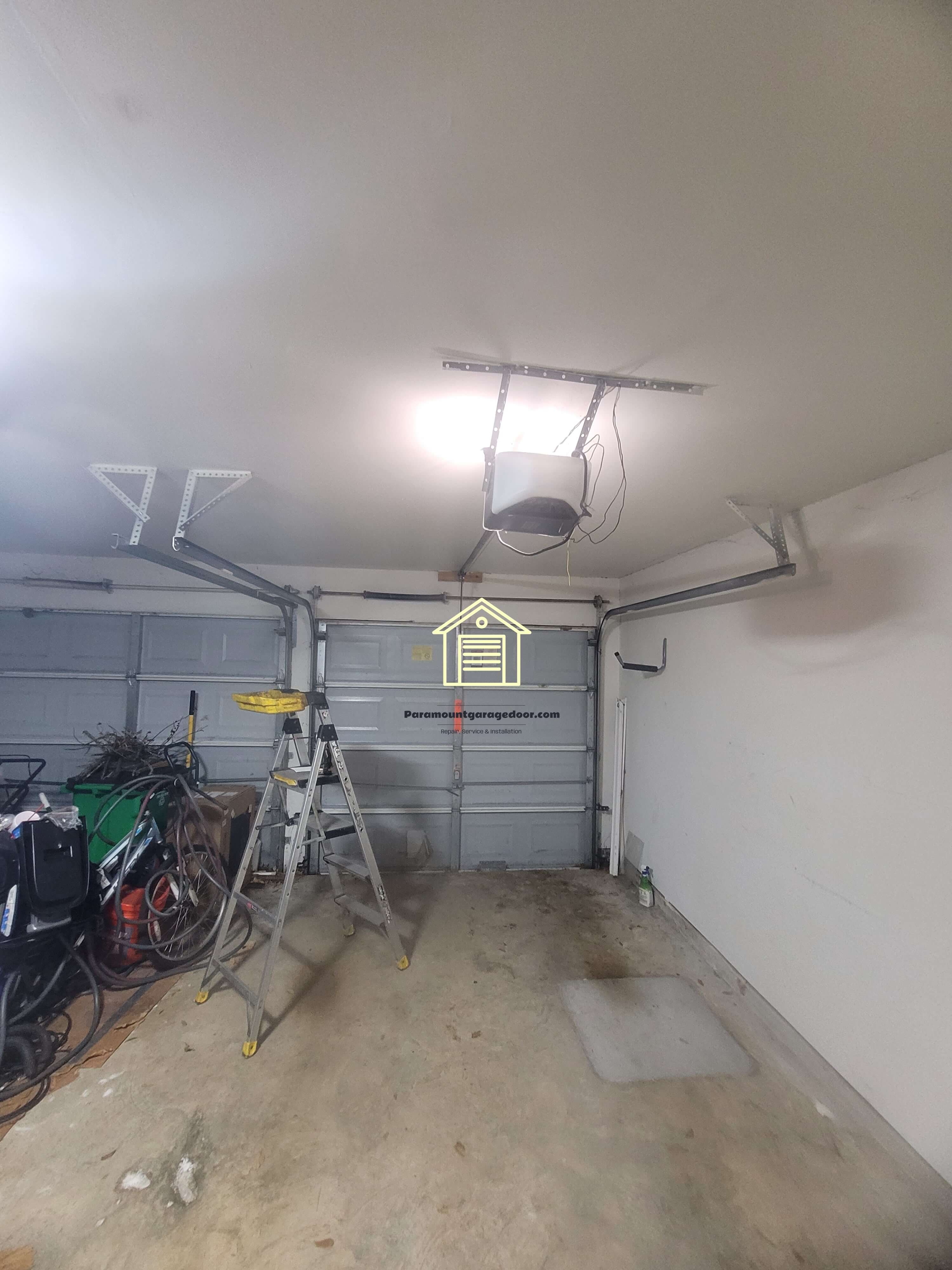
In terms of the types of garage door springs, there are two common types that are torsion springs and extension springs. Both are essential for lifting and lowering the door accurately and safely but they have different operations and pros and cons. The following presents a compantion of the two to help you identify which one is the best for your garage door.
| Summary Table: Torsion Springs vs. Extension Springs | ||
|---|---|---|
| Feature | Torsion Springs | Extension Springs |
| Location | Mounted above the door on a shaft | Mounted on either side of the door |
| Mechanism | Twisting/torquing action | Stretching action |
| Lifespan | 15,000-20,000 cycles | 10,000 cycles |
| Safety | Safer, less likely to snap dangerously | Requires safety cables, can be hazardous |
| Maintenance | Less frequent, easier to adjust | Requires more frequent adjustments |
| Cost | Higher initial cost, but long-lasting | Lower cost, but shorter lifespan |
| Smoothness | Smooth, balanced motion | Can be jerky and uneven |
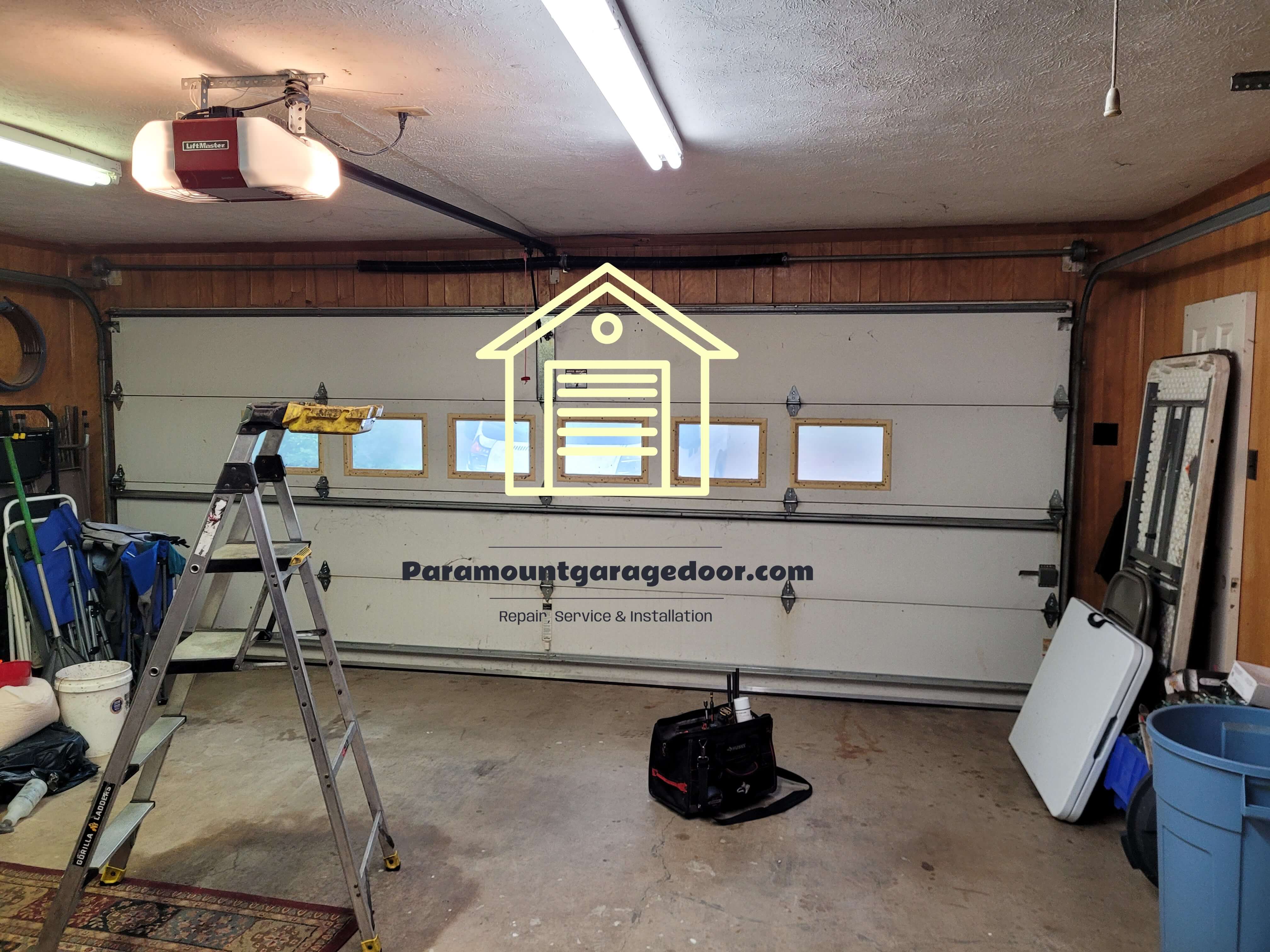
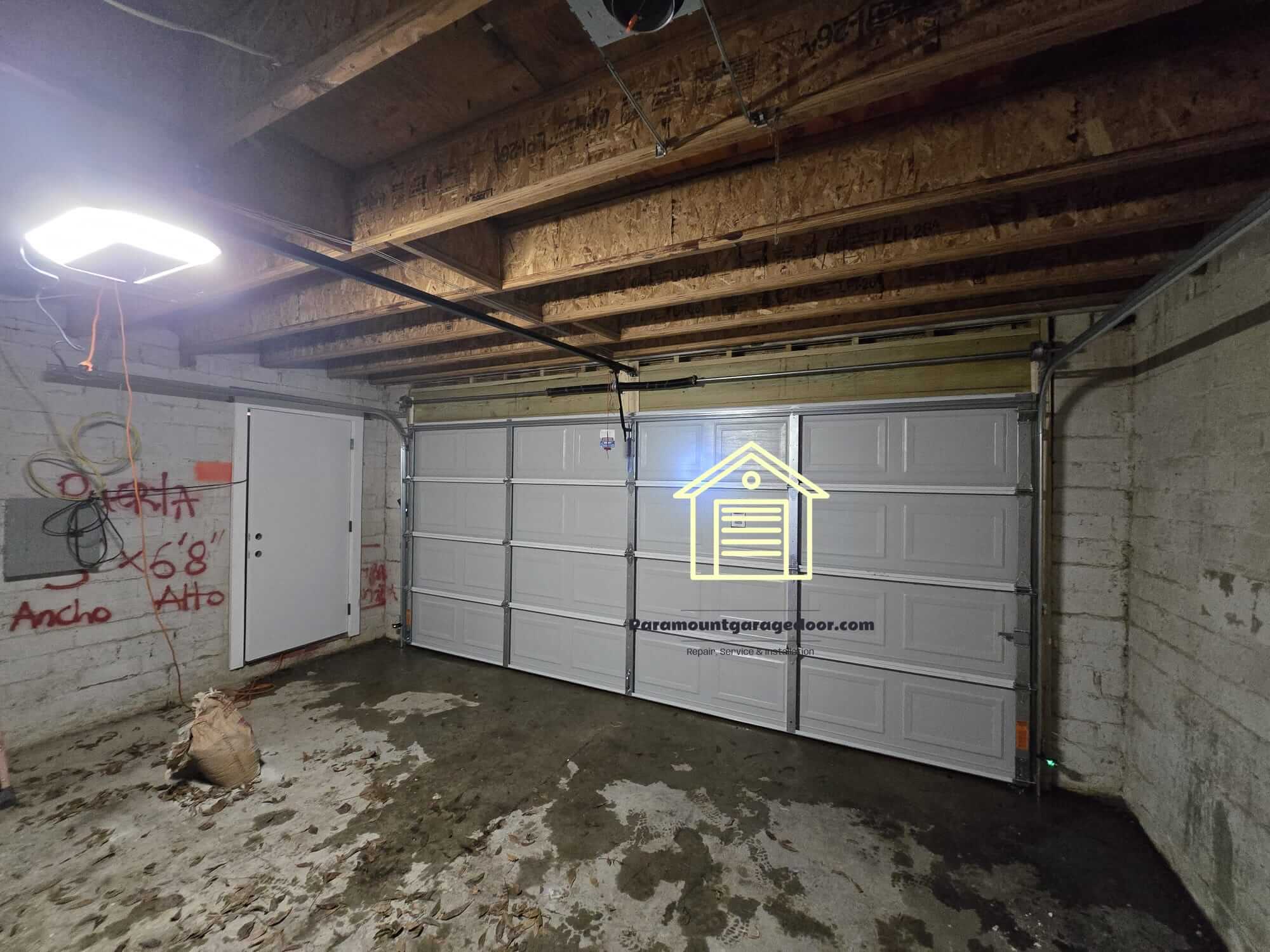
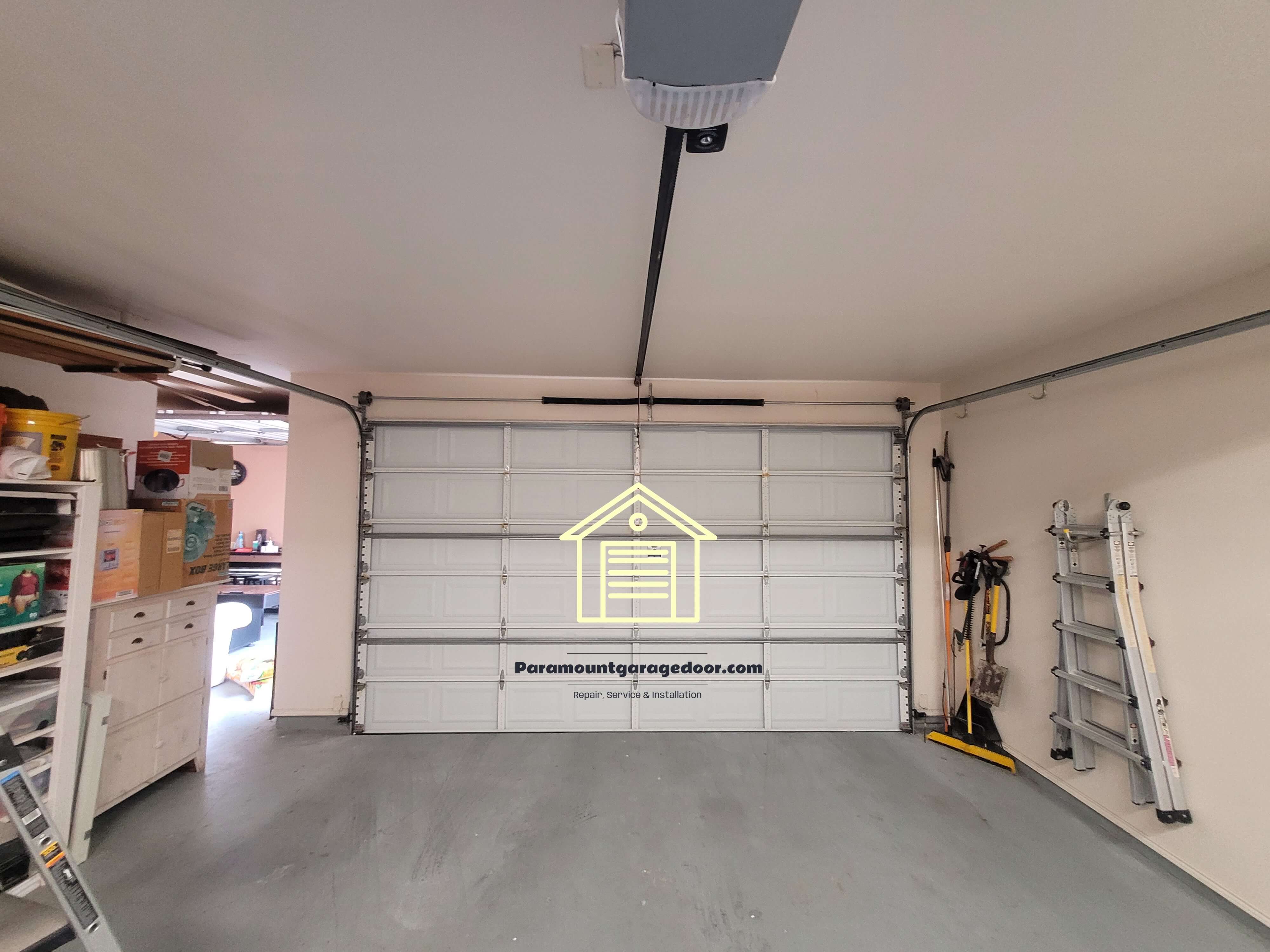
| City & State | Service Call & Estimate | Garage Door Repair | Opener Repair & Install | Commercial Door repair & Install | Door Installation |
|---|---|---|---|---|---|
| Arlington, TX | Free On Site Estimate | $149-$376 | $174-$867 | $261-$1854 | $923 - $1754 |
| Austin, TX | Free On Site Estimate | $149-$376 | $174-$867 | $261-$1854 | $923 - $1754 |
| Conroe, TX, | Free On Site Estimate | $149-$376 | $174-$867 | $261-$1854 | $923 - $1754 |
| Cypress, TX | Free On Site Estimate | $149-$376 | $174-$867 | $261-$1854 | $923 - $1754 |
| Dallas, TX | Free On Site Estimate | $149-$376 | $174-$867 | $261-$1854 | $923 - $1754 |
| Fort Worth, TX | Free On Site Estimate | $149-$376 | $174-$867 | $261-$1854 | $923 - $1754 |
| Frisco, TX | Free On Site Estimate | $149-$376 | $174-$867 | $261-$1854 | $923 - $1754 |
| Georgetown, TX | Free On Site Estimate | $149-$376 | $174-$867 | $261-$1854 | $923 - $1754 |
| Houston, Texas | Free On Site Estimate | $149-$376 | $174-$867 | $261-$1854 | $923 - $1754 |
| Katy, TX | Free On Site Estimate | $149-$376 | $174-$867 | $261-$1854 | $923 - $1754 |
| Lampasas, TX | Free On Site Estimate | $149-$376 | $174-$867 | $261-$1854 | $923 - $1754 |
| Plano, TX | Free On Site Estimate | $149-$376 | $174-$867 | $261-$1854 | $923 - $1754 |
| Round Rock, TX | Free On Site Estimate | $149-$376 | $174-$867 | $261-$1854 | $923 - $1754 |
| San Antonio, TX | Free On Site Estimate | $149-$376 | $174-$867 | $261-$1854 | $923 - $1754 |
| Sugar Land, TX | Free On Site Estimate | $149-$376 | $174-$867 | $261-$1854 | $923 - $1754 |
| The Woodlands, TX | Free On Site Estimate | $149-$376 | $174-$867 | $261-$1854 | $923 - $1754 |
